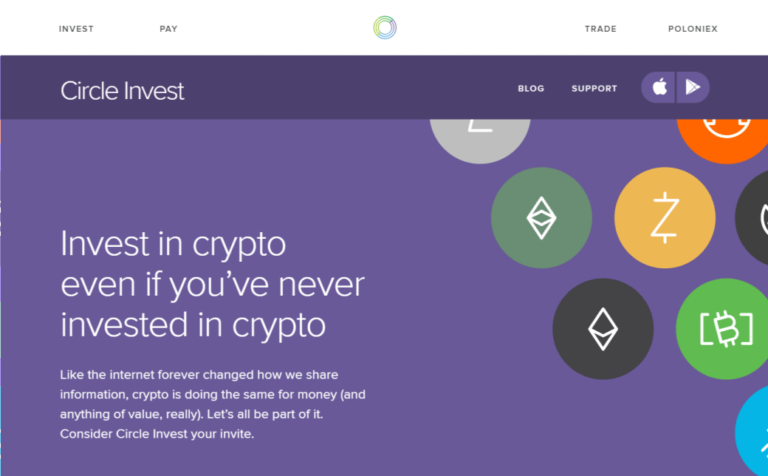The CEO of the Goldman Sachs-backed Circle startup is adamant that major economies should put their heads together in a combined effort to implement global crypto regulations to “normalize” the industry.
Regulating the crypto industry is a contentious issue with some believing that regulatory measures are the opposite of why crypto was first created. The CEO of Circle believes otherwise.
Normalizing the Global Crypto Industry
Speaking in an interview with the news agency Reuters in London, the Circle CEO Jeremy Allaire made his stance on the regulation of the crypto markets clear by saying that:
“Ultimately there needs to be normalization at the G20 level of critical crypto-related regulatory matters.”
The statement comes at a time when a global financial watchdog, the Financial Action Task Force (FATF) – based in Paris – took a major step last Friday to adopt international standards across the sector. The FATF will launch their new rules to crack down on those using digital assets as a money laundering tool.
The FATF plans to work in tandem with jurisdictions across the world to regulate and license crypto exchanges and other operators across the industry in a bid to stop those who are funding financing terrorism with crypto.
Circle CEO Agrees with the FATF
Allaire believes that the proposed crypto regulatory steps from the FATF are a good start but should be widened in scope to cover private companies issuing digital cash via ICO projects. He also said the steps were necessary to combat market manipulation on crypto exchanges and also in a bid to identify users.
Allaire believes greater cooperation across the local industry would be beneficial for the integration of new regulations:
“When it comes to token offerings, how should they be treated? Which token offerings are securities, which are not? The trading venues – are they like spot commodity markets that need to have rules in place around market manipulation?”
In recent months and years, we have seen nations such as Japan adopt a regulatory framework, while other nations that include China and India have flat-out closed the industry down within their borders.
The European crypto industry is largely unregulated, which is why we are currently seeing more ICO funds being raised across the continent when compared to Asia and the USA.









